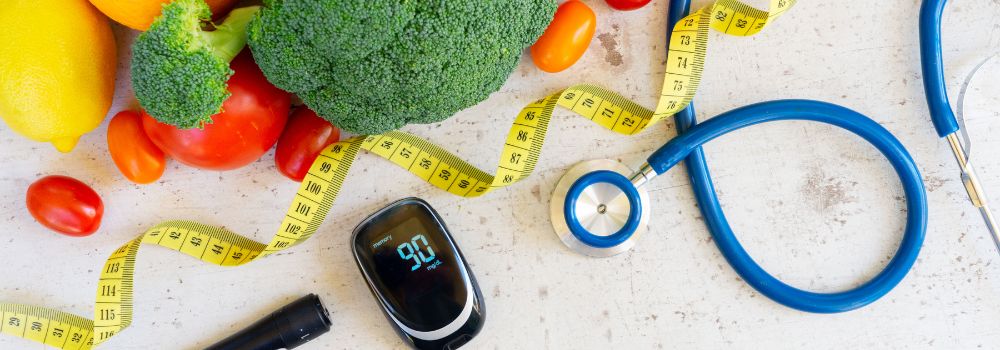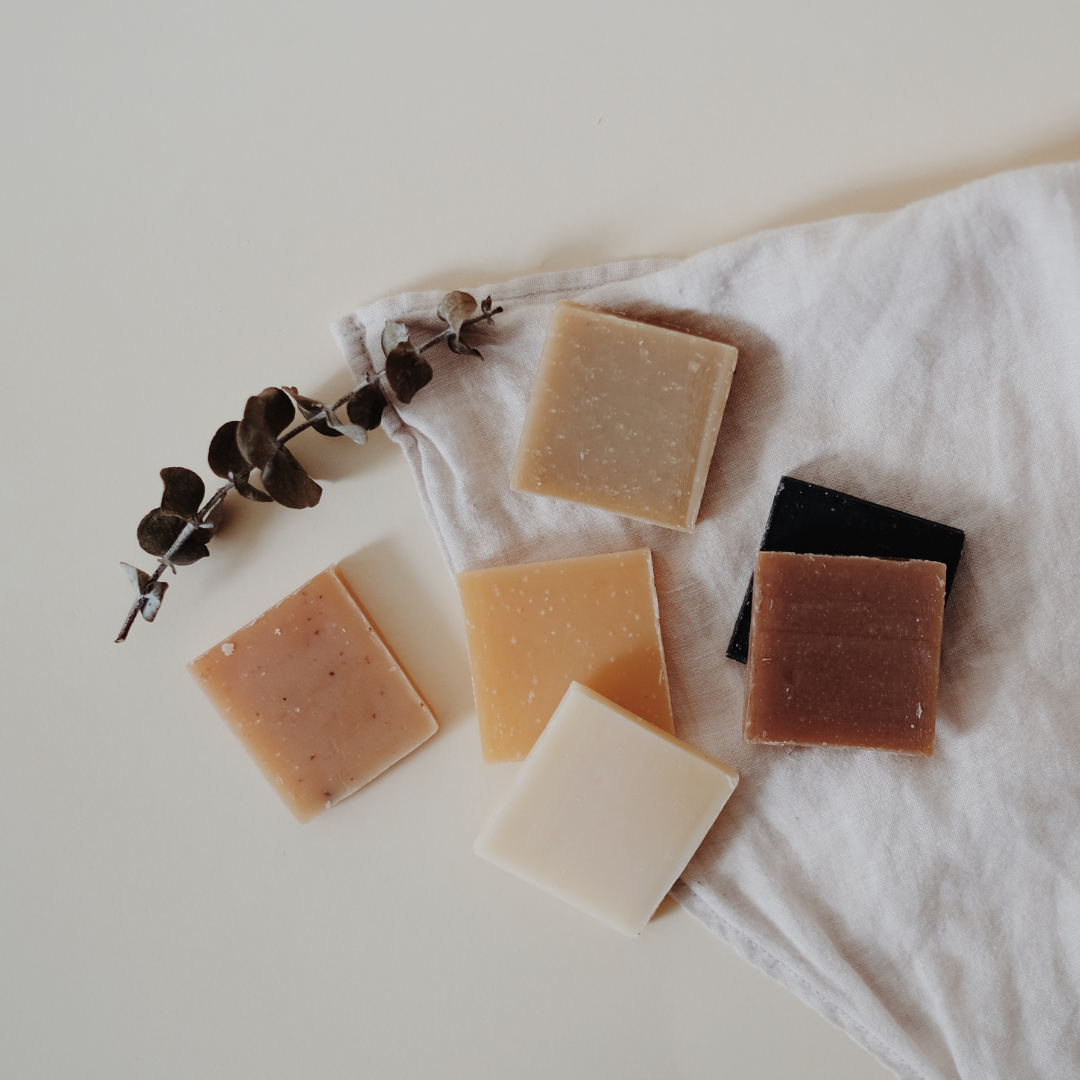
Could This Traditional Herb Work Better Than Insulin for Diabetes? Discover the Power of Salacia Oblonga
Imagine a world where managing diabetes doesn’t rely solely on prescription drugs. Enter Salacia oblonga, a traditional Indian herb that’s making waves in the scientific community for its potential to lower blood sugar and insulin levels. In a recent study conducted by Ohio State University, Salacia oblonga showed results similar to some of today’s most widely used diabetes medications. Could this ancient remedy really work as well—or even better—than insulin? Let’s dive into the research and explore this exciting discovery.
What is Salacia Oblonga?
Salacia oblonga is a herb native to India and Sri Lanka, long used in Ayurvedic medicine for treating diabetes. The plant works by binding to enzymes in the intestines that are responsible for breaking down carbohydrates into glucose. When Salacia oblonga binds to these enzymes, it prevents the conversion of carbs into glucose, which means less glucose enters the bloodstream. With less glucose in the blood, the body requires less insulin to maintain healthy levels.
The Study: How Salacia Oblonga Compares to Prescription Drugs
In a study led by Ohio State University, 39 healthy adults were given extracts of Salacia oblonga. When participants took the highest dose of 1,000 mg, insulin levels dropped by 29%, and blood glucose levels decreased by 23%. These reductions are comparable to what some prescription diabetes medications achieve.
"These kinds of reductions are similar to what we might see with prescription oral medications for people with diabetes," said Steve Hertzler, an assistant professor of nutrition at Ohio State University and a co-author of the study.
The results are promising, but it’s essential to remember that the study was conducted on healthy adults, not diabetic patients. However, researchers are eager to study Salacia oblonga’s effects on people with diabetes to see if this herb can provide long-term benefits for managing blood sugar levels.
How Salacia Oblonga Lowers Blood Sugar
Salacia oblonga’s power lies in its ability to prevent glucose from entering the bloodstream. By binding to enzymes that would typically break down carbohydrates into glucose, it reduces the amount of glucose produced during digestion. This, in turn, means the body requires less insulin to process blood sugar, offering a natural, plant-based way to maintain stable blood glucose levels.
Lowering blood sugar levels is crucial for people with diabetes, as high blood sugar increases the risk of complications like kidney disease, nerve damage, and vision loss. Salacia oblonga could offer a more natural way to achieve these benefits, potentially making diabetes management easier and more accessible.
Could Salacia Oblonga Make Diabetes Management Easier?
One of the challenges of diabetes management is adherence to medication. Prescription drugs often come with side effects, and some people find it difficult to remember or take medication as prescribed. Salacia oblonga could be a game-changer because it can be consumed with food or in a beverage, making it easier to incorporate into daily routines.
"Poor compliance with diabetes medications often hinders the effectiveness of these drugs," Hertzler explained. "It may be easier to get someone to take an herb with food or in a beverage, as opposed to a pill."
This herb’s natural approach could offer a more user-friendly option, particularly for those looking to avoid or supplement traditional medications.
Potential Side Effects of Salacia Oblonga
While the results are promising, Salacia oblonga isn’t without side effects. Participants in the study reported some gastrointestinal discomfort, including gas, nausea, and cramps. Researchers monitored hydrogen and methane levels in participants' breath to measure the presence of intestinal gas, and participants rated the intensity and frequency of their symptoms.
These mild side effects may be manageable for many, but they’re something to consider, especially for those with sensitive digestive systems. As with any herbal supplement, it’s important to consult with a healthcare provider before adding Salacia oblonga to your regimen.
Where Can You Find Salacia Oblonga?
Despite its potential, Salacia oblonga is still relatively difficult to find in the U.S. Some online suppliers do carry it, but availability remains limited. As interest grows and research progresses, we may see this herb become more widely available in health stores and pharmacies.
What’s Next for Salacia Oblonga?
The research conducted by Ohio State University marks a significant step forward in understanding the potential of Salacia oblonga. The study was supported by the Ross Products Division of Abbott Laboratories, hinting at growing interest from the pharmaceutical industry in exploring natural remedies. Further research will focus on testing the herb in diabetic patients to see if it provides the same benefits.
Hertzler and his team are hopeful: “A lot of studies show that lowering blood sugar levels reduces the risk for all kinds of diabetes-related complications, such as kidney disease and nerve and eye damage. We want to see if this herb has this kind of effect.”
If future studies confirm these findings, Salacia oblonga could join the ranks of natural remedies that provide a viable alternative—or complement—to traditional diabetes treatments. Who knows what other treasures nature has waiting to be discovered?
Final Thoughts: Could Salacia Oblonga Be the Herbal Answer to Diabetes?
The potential of Salacia oblonga is exciting. Imagine a world where managing diabetes could involve drinking an herbal tea or adding a natural supplement to your meals instead of relying solely on medication. While more research is needed to confirm its efficacy in diabetic patients, Salacia oblonga represents a promising step toward integrating natural solutions into mainstream diabetes care.
Interested in exploring natural remedies for diabetes? Keep an eye on Salacia oblonga as research progresses, and consult with your healthcare provider to see if this herbal option might be right for you. 🌿
Have you tried Salacia oblonga or other herbal remedies for diabetes? Share your experience in the comments below and join the conversation about natural diabetes management!

